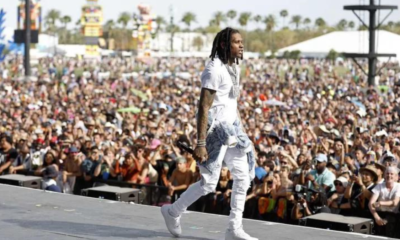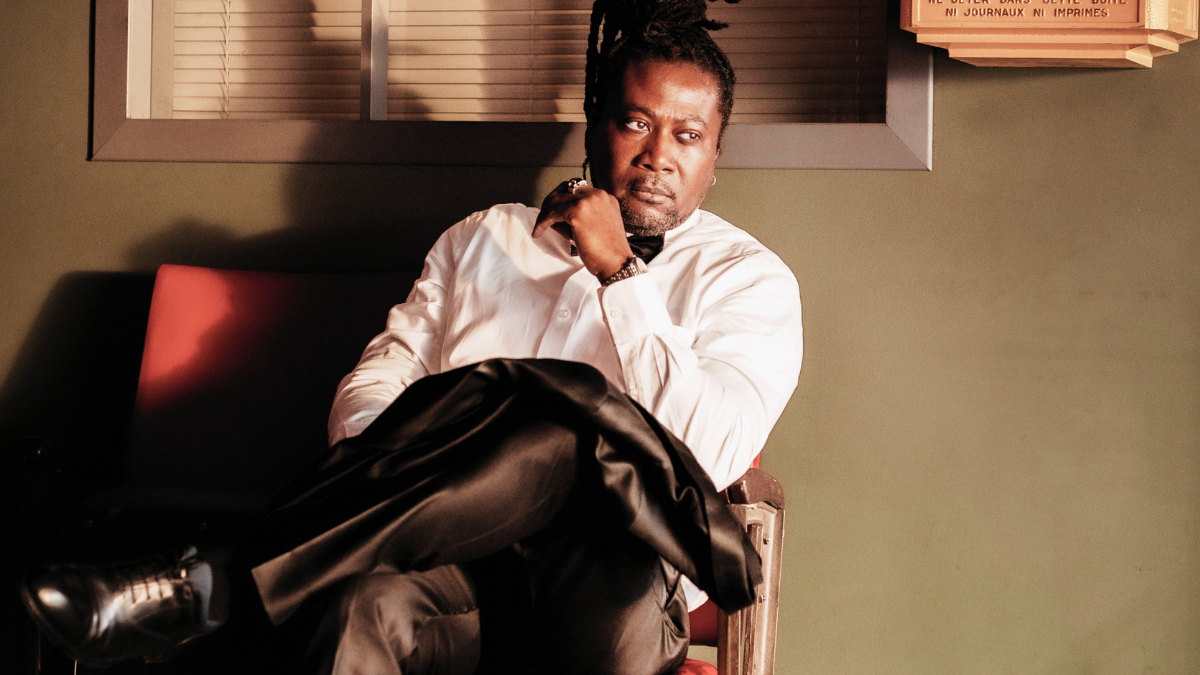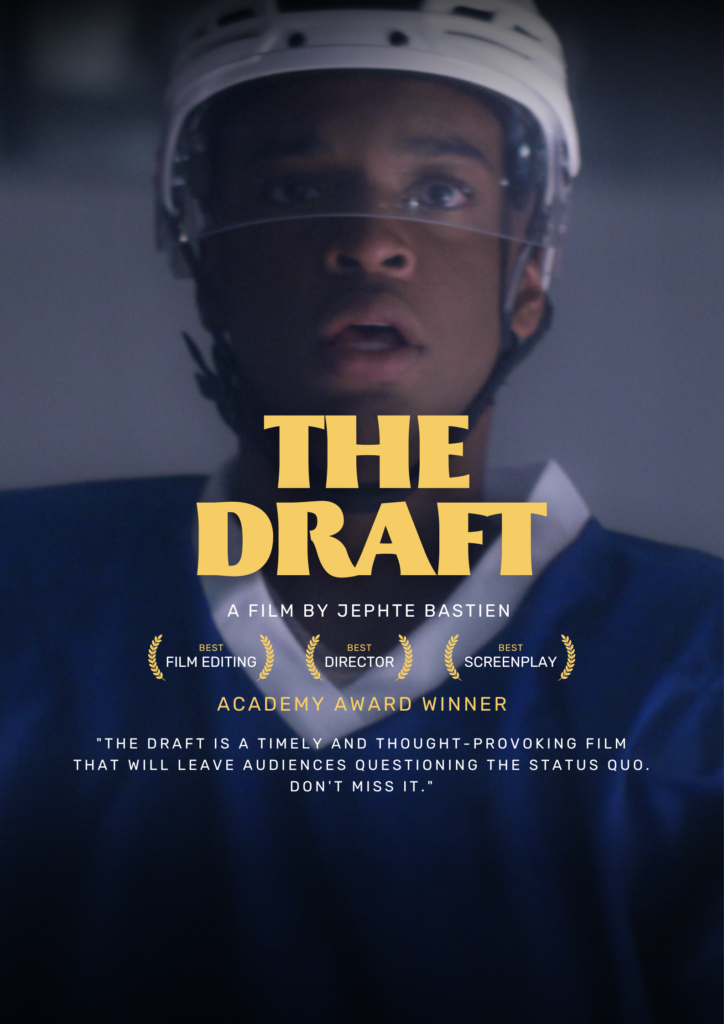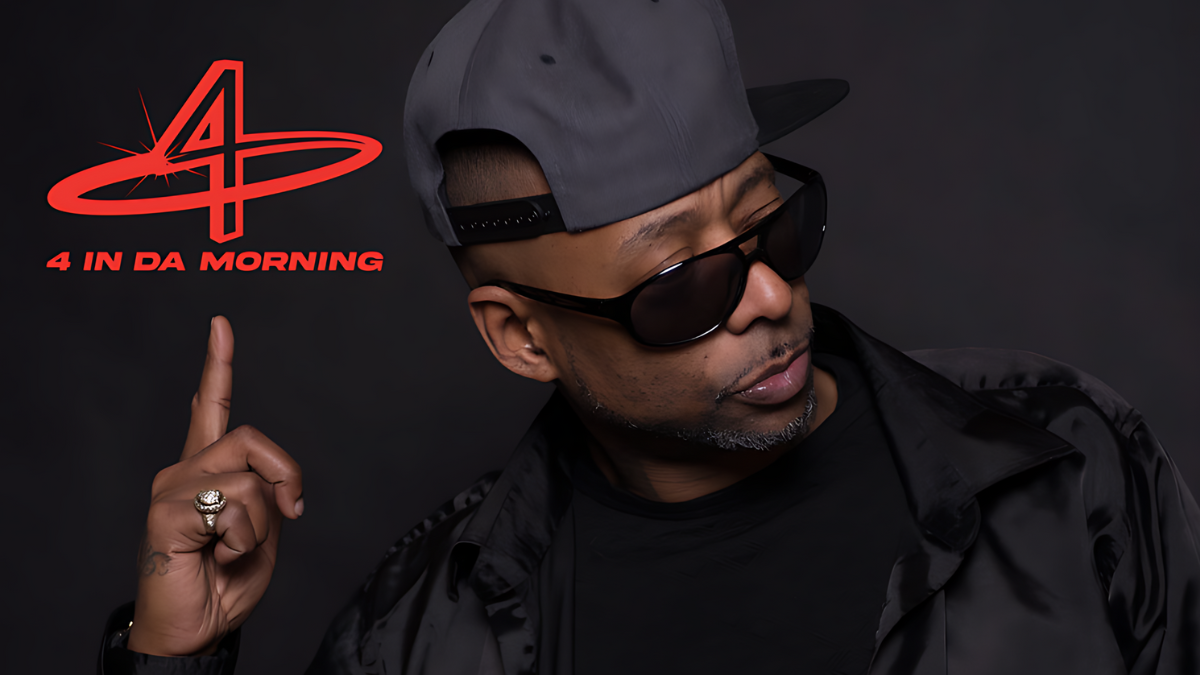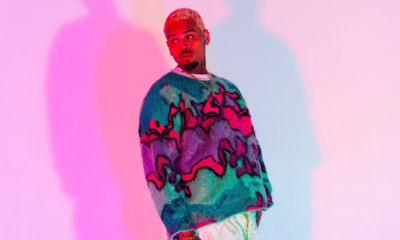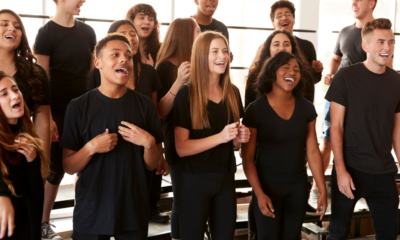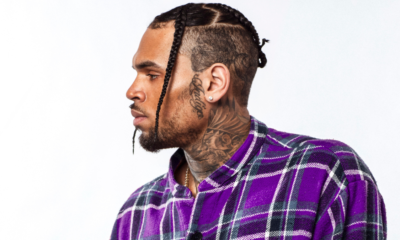Know your audience
No-one has everyone as their audience! You should be able to describe a typical fan or follower of you/your band. An artist should know what their fans like, what social network platforms speak to their audience. If you don’t know this, then start listening to your social networks, read, look and learn; checking your pages data ‘insights’ go a long way. Understand what your audience demographics are, know what posts get the most engagement or most new followers. Know which social network your fans prefer. Know which songs your audiences like best – is it different on different channels? Knowing as much as you can gives you real intelligence for your next marketing efforts. The better you know you audience the more able you will be to engage with them and grow new fans.
All social channels are not the same
Putting the same messages out in the same way on different social networks is a waste of effort and isn’t very effective! Facebook can take long-form messages and photo galleries, and neither of these show up well on channels like Instagram or Twitter. Professionals tend to deliver different content to different channels. But if time or energy is limited, it’s better to choose and focus rather than just share the same message across all channels. For each artist or band it will probably be different which channel(s) is best – the point is to know where your fans engage best with you and where to focus your energies.
Facebook is a mostly a closed network
Many musicians are using Facebook ‘as if’ it can reach the world. Unless you are using Facebook adverts, your page only gets viewed by people who have liked it or people who are tagged in posts, or friends of those people ‘if they interact with it’. Facebook pages are not really the outreach service people think they are and that’s why most page likes can stagnate after most of the artists/bands friends have liked it.
If you are going to put your ‘marketing’ in more than one place on Facebook make sure you share it from your page – that way it will always drive people back to that page. Adding relevant tags to other pages, people or hashtags will help a post spread wider. Tagging very active fans with big networks can also help to spread a post. However one should be careful, if you abuse this or overdo your fans can actually unlike your page. If you truly need to reach new audiences then consider using Facebook adverts. You can get something for as little as $5 – but don’t do this without doing the proper research and planning into the campaign
Strategy
You are more likely to create a campaign strategy around each marketing opportunity if you already have a digital marketing strategy in place. A marketing strategy helps you define what you are going to post and where. The strategy enables you identify what you want to achieve by it. If you have a campaign strategy you are more likely to stick to it and keep putting in the effort than if you freewheel it without thought. It’s how professionals do it! It’s human to look for the easy options, so it’s good to have a framework which makes you feel more energized to do it right.
Pull rather than push
To get your marketing noticed you need audiences to react to it – otherwise it becomes like a poster on a lamppost, seen by only a few and read by fewer. Since social media took over, how many people engage with you online has become more important in marketing than how many people read any information you posted. Coming up with campaigns which drive engagement rather than just push information is the key to getting your marketing to catch fire. As a creative – you are in a better place than most to come up with creative ideas to get people engaged. Anything to pull a reaction, a like, a share, a retweet or even asking your fans a favour. Just ask yourself before you post – am I just pushing information or am I pulling them (nicely) to engage? Good marketing in 2016 is not “will the audience see it” but “will the audience react to it”.
Timing
Something very few people think about is what time they are posting – but most social networks work on live timelines meaning that if your audience isn’t online when you post, they may not see it appear on their timeline unless they go digging for it. This comes down again to knowing your audience and the target audience for your particular marketing campaign. Posting at the peak times for the target audience – might mean posting in the middle of the night if you are trying to reach another continent. If your audience is local, try to vary your times of posting throughout the day/evening so that you reach all of them and look at the insights to see which times get the best engagement for your particular band of followers.
Know your competition
The music business is quite competitive! What you do in the way of marketing should always consider the competition. Know your competition well, even if it’s only to make sure, you don’t put on an event on the same night your biggest competition does. Don’t copy them, but learn from them. Your biggest competitor will also share a similar fan base – you can maybe learn where more potential fans hang out, maybe they are getting better engagement from fans than you – you can then look at what they are posting and when to see why. There is always a lot to learn from the competition (even ones less successful than you) – but to find what there is to learn, you need to be looking. Artist/Bands don’t operate in a vacuum – even your loyal fans are seeing more artists than just you – like any good business – keep your eye on the market as a whole.
Own your brand
You might know who you are, what motivates you, what you sing about but don’t assume your audience does unless you have told them! Unless you have it available somewhere online for them to read – you need to assume they don’t know! Your story, your bio, your message should be written with care and available easily at any time, not just on request. If you have a website, that’s the obvious place to have it, but if not, decide where and make sure all your other social networks point to it (with a single click). It’s also important to think about how you are communicating ‘your brand/image” by making sure that its easily identifiable, not different images or branding on different channels. Making sure whatever you put out has some consistency, communicates your brand well and that it’s recognizably you. If there are several members in your band, make sure you have listed names, pictures and roles of each – give your fans opportunity to know everyone. How much your fans know about you, is on you, make sure your story is authentic and real, but that it communicates also what drives your music, not just where you come from.
#hashtags
Everyone knows about hashtags and often append 10 or so to a posting – but rarely do people use them properly for marketing. When used properly a hashtag is a way of maintaining a kind of ownership a thread of conversations across many networks even when the conversation moves away from your own channels. Hashtags even when they get abused and go viral, still help to promote the original ‘meaning’/’ownership’ of the tag, especially if you register them (look up hashtag register on google). Hashtags can be very useful to promote aspects of your brand, individual events and music products. The more creative, double meaning, catchy they are, the better. There is no limit to how many you can use. Professionals and big brands use these for nearly every marketing campaign and by using a ‘hashtag’ monitoring tool you can see how well they are being used and how they are spreading. It’s also good to make use of other people’s hashtags, especially those for events you are playing at, that way you make sure that people following an event closely can also follow you. Hashtags are also a great way to get fans to do extra free marketing for you. At gigs, make sure your hashtag for that gig is visible, so that when people take photos of you at a gig they can append your hashtag to photos, tweets.
Think ahead
The notion of working with campaigns rather than just launching whatever product or announcing a gig, is so that you build up interest beforehand and followership. Anticipation is a great marketing tool. When you have a new single or new video, the time to think about marketing and starting your marketing campaign for it, is when you are making it, not when it’s finished. That way you maximise on your marketing potential. Taking photos or candid video snippets in the studio are great marketing assets which help you spread the news. Also press often are more interested in things which they know are going to catch-fire, the more you build-up to a launch of anything, the more likely it is to get under their radar.
Thanking people
The people that help you do what you do, from fans, groupies, roadies, event organizers, agents, bookers, venue staff, stage staff, drivers, producers, photographers, journalists – basically anyone who helps you – are doing it because they believe in you in some way. These are people you don’t need to win over – they are people you need to thank – often – and publicly if you can. Each of these people also have their own networks, by thanking them online or offline, those networks will notice you/your band. It’s basic human nature too, that if people feel appreciated they will stay involved and probably do more for you. These people are one of your best marketing tools however lowly the job they do for you.
Photo opportunities
Magazines, ezines, newspapers, TV and other press are way more likely to print great photos rather than boring ones. Even if your events/gigs or band don’t attract the mainstream pro photographers yet. Often freelance and amateur photographers turn up to events. If you give them great easy photo opportunities, they will find it easier to get those photos published somewhere. Plus great photos from fans also spread like wildfire. That’s not on the photographers but on you! Stand in the light, make it easy, think about what you are doing on stage and where, make it super easy for people to get great pictures. Standing on the edge of the stage outside the stage lighting, leaning into the crowd but making it impossible for the photographers to get great shots because they are moving too fast or in the dark or wearing very dark clothing in poor lighting. Or bands often spreading themselves across the stage, or stand in front of each other, making it impossible for a photographer to get a whole group shot with any sense of atmosphere. Press shots are great free promotion, try to make the most of it – when you are dressing for the stage, moving on the stage, and think about how to give great photo ops.


 Business3 years ago
Business3 years ago
 Business2 years ago
Business2 years ago
 Business2 years ago
Business2 years ago
 Business3 years ago
Business3 years ago
 Business3 years ago
Business3 years ago
 Business3 years ago
Business3 years ago
 Business3 years ago
Business3 years ago
 Business3 years ago
Business3 years ago













